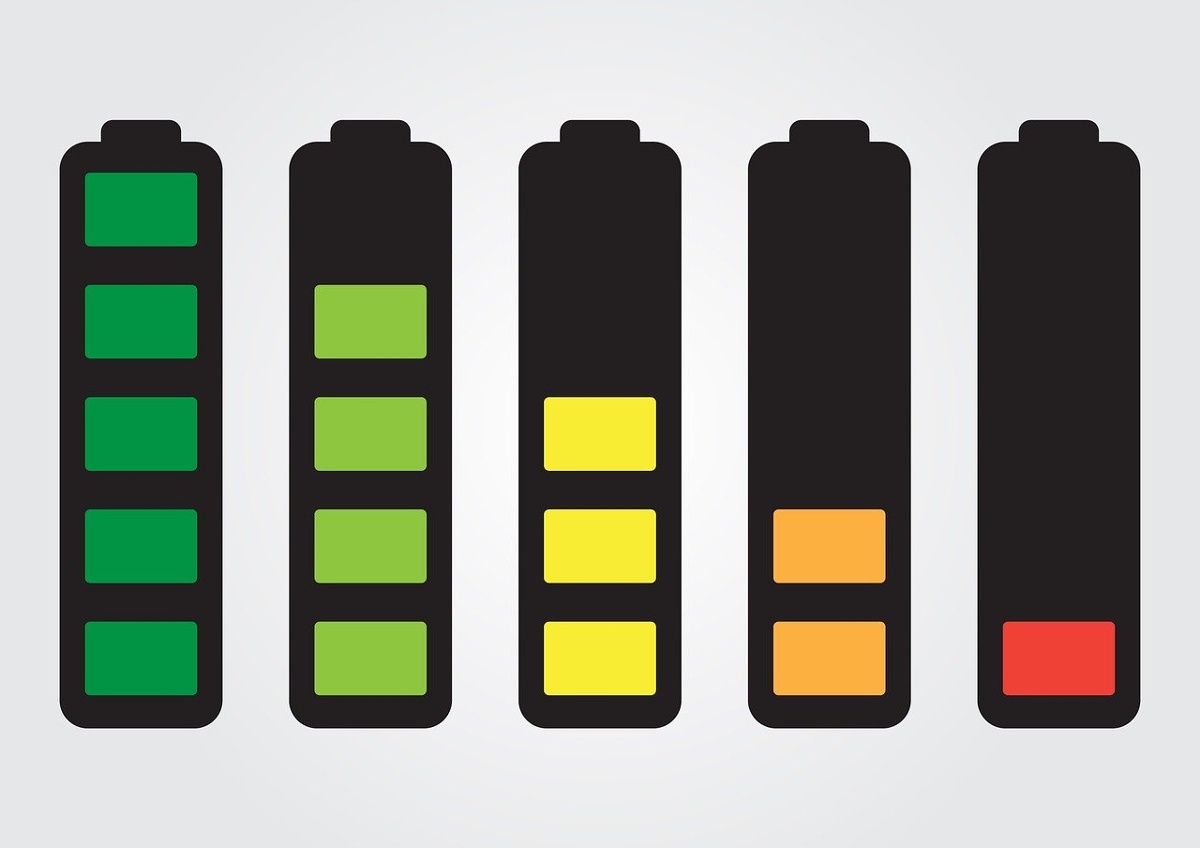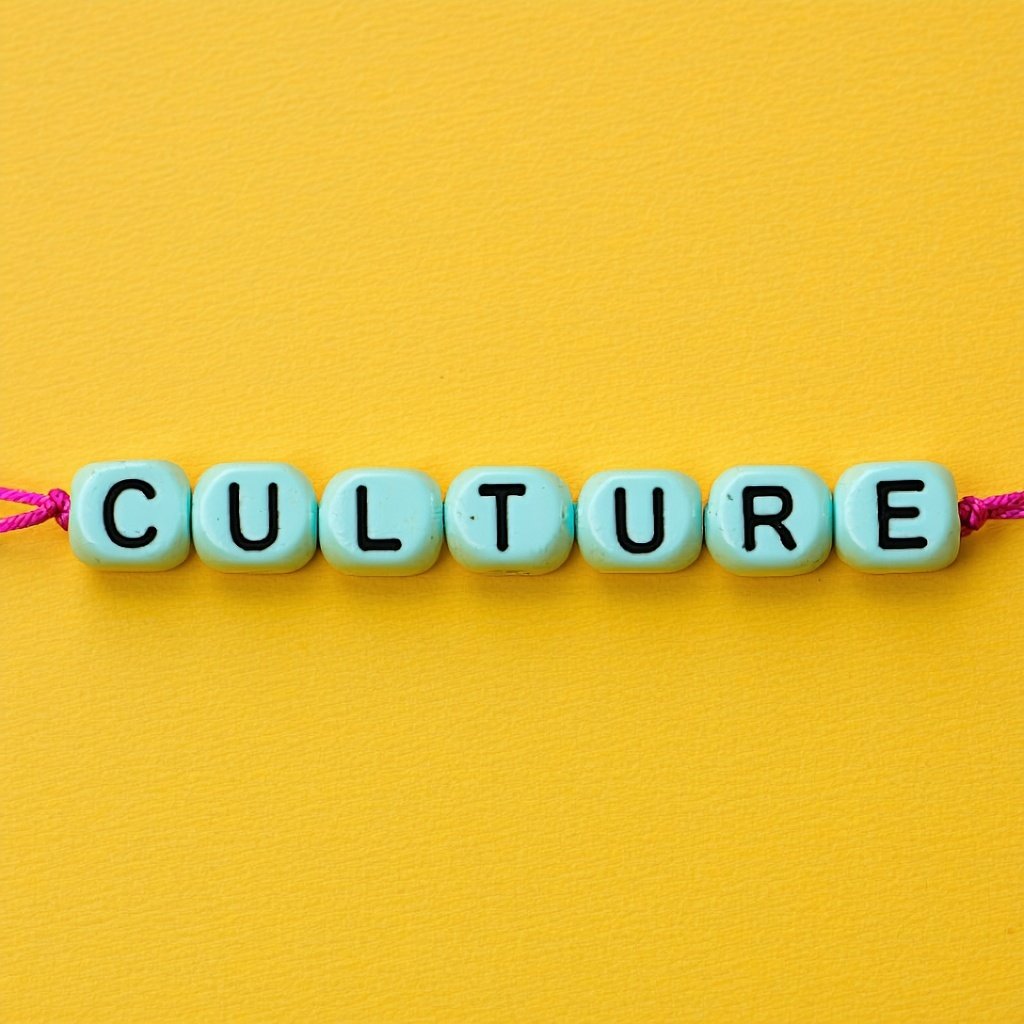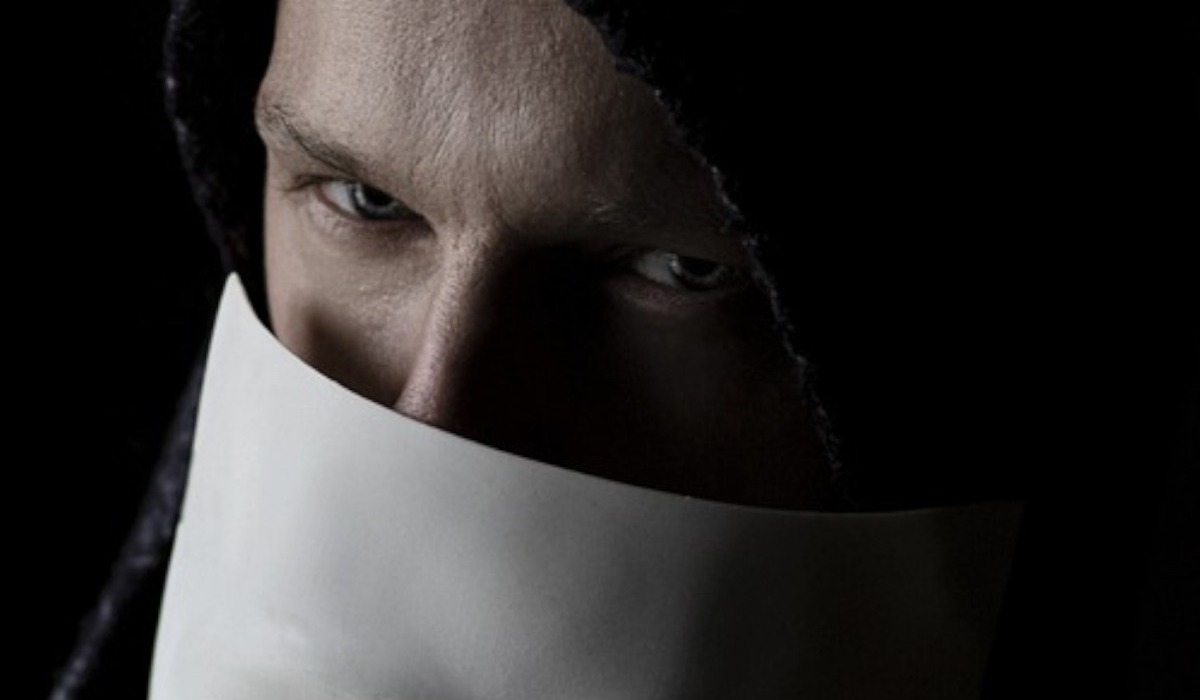AAVE not g/mAE
Our black clients eloquently express their experiences and how those experiences affect their day-to-day lives, yet we may inadvertently overlook the...

My Mama used to say that a person will change once they are sick and tired of their circumstances. I just want to know when will society be sick and tired of race impacting every area of our lives? There are those that would say "don't drag race into"... *insert here whatever topic you would like. But the social construct of race existed long before I drew breath on Earth. And honestly, there are some days that I am so mentally and physically exhausted from all the weight that comes with being Black.
My earliest memory of being sick and tired of being Black was back in elementary school. I remember thinking that my life would be so much easier if my skin were white. In elementary school is when "the talks" begin. Now if you are not a person of color you would not know that "the talks" have nothing to do with sex and everything to do with survival. My Mom and Dad would pull me to the side and tell me how I should engage with people that did not share my skin color (code switching). I was naïve and a little firecracker. I remember telling them verbatim, "The world is different now. That was so long ago." I would later learn that being Black impacts me in every area of my life.
In their book Unmasking Autism, Devon Price summarizes code switching so perfectly: "the shift between African-American English and Standard English used when moving between communities, and modulating appearance, mannerisms, and volume to avoid being negatively stereotyped." Now while this seems simple enough, code switching is psychologically taxing and negatively impacts ones overall mental health. There are numerous studies that have been conducted that talk about the overall negative impact to BIPOC (Black, Indigenous, People of Color) people that engage in code switching; however, we engage in this practice because we know that sometimes it is vital to our success in certain sectors.
Now there was a time I could effortlessly code switch between phone calls, text message exchanges, conversations in the grocery store, work to home life, amongst colleagues etc. The recovery time was about a 30 minute to an hour duration. As of late, I have realized that although I can effortlessly code switch, my recovery time from engaging in the process is longer. It is taking me days to recover. It takes a great deal of time and mental effort to write blogs, emails, develop marketing material, choose clothing items, decide my hairstyle, and reply to others in my professional role.
From 1936 to 1966, “The Negro Motorist Green Book" was published as a travel guide that listed services and accommodations where African-Americans were welcome, including hotels, motels, gas stations, liquor stores, and hair salons. Today, during innocent conversations with others about travel, I as a Black person have to wonder if it is safe for me to travel to the same area. There are Black social media groups and travel guides that help us plan our travel. It is our modern day green book to avoid sundown towns or areas that are 100% off limits to me. In the hyperlink above you can view modern day sundown towns. I follow Black expats from are all over the world and learn about navigating racism on a global scale. I get great joy from being made aware of a people or places that could care less about the color of my skin. I add those places to my bucket list.
The above statistics are relevant because symptom presentation of physical and/or mental health illnesses can present differently in BIPOC people versus the way they present in Caucasian people. In fact the American Psychological Association has issued a formal apology to BIPOC people for racism impacting the treatment of BIPOC people in assessment, diagnosing, and treatment. The Diagnostic and Statistical Manual of Mental Disorders (DSM-5) that provides psychologists and other mental health providers with the most recent standard classifications for mental health issues discusses racial disparities for each disorder as well.
There are racial (ethnic) differences in skin properties that account for disparities in dermatology treatment because there is little research that has been done to recognize the symptoms and test the effectiveness of treatments on black skin. Only 3% of Dermatologist are black. Therefore, patients would have to rely on providers of other races or ethnicities to care enough to have this knowledge or begin the research for themselves.
Another example of racial disparities in physical health is in the area of cardiology research. Despite heart disease being the lead cause of death for black and white people in the US, there is little research about assessment, diagnosis, treatment and outcomes for black people. In "Disparities in Patients Presenting to the Emergency Department with Potential Acute Coronary Syndrome: It Matters if You Are Black or White" DeVon et al. (2014) discuss the differences in the symptom presentation of Black people with coronary heart disease versus white people. These researchers followed up with participants one month after treatment. Even then, black people continued to report different symptoms and poorer outcomes from their white counterparts. The article also highlighted results from other researchers that suggested black women present with more symptoms compared to their white counterparts including, "shortness of breath, being dizzy or faint, hot/flushed, indigestion, heart racing, numbness in hands/fingers, vomiting, new vision problems, coughing, choking sensation, stomach symptoms and less likely to report chest symptoms."
But why do I care besides the obvious? Because I am a Black woman with Black children. When my children are ill I have to pull all the knowledge I have together. My children have inherited respiratory issues from me. I know that the oxygen pulse oximeter gives false readings for Black skin. I have to address it and advocate. But I need to tread lightly, so I don't fall into the "Angry Black Woman" trope. So for each one of my children I have an educational binder and health care binder of their history. I was given this advice by an older White doctor. He told me it was my best bet at being taken serious. It is my evidence when advocating on their behalf.
Now the above narrative is probably the version I would give to others that is a little outside of my "code switching self" but still watered down. So let me break it down further for you. As a Black person seeking care, I have already gave pause to seeking treatment because I know there will be code switching and advocacy involved. I have done my part in trying to treat the issue to avoid seeking treatment. I have done extensive research on the provider and/or facility to determine cultural competency. Then I have to consciously choose to be vulnerable and trust that someone else will see humanity in my child. At the facility, I am already hypervigilant and hyper-aroused before the provider even walks into the room. It matters not their skin color. In the Black community there is a saying, "all skin folk ain't kin folk." Which means there are Black people that believe Black people are inferior to White people and will treat you as such. In observing them, you will notice they treat White people with the dignity we also deserve. Therefore, my amygdala is on guard for any micro aggressions, macro aggressions, dismissiveness etc. because it could be life or death for my child. Now when I tell my Black counterparts about an ordeal of visiting a health care provider, it goes without saying how much went into it. For my White counterparts, it may be seen as routine.
To sum it all up for you, my blackness requires me to be hypervigilant so that I can survive. I need you to know that it is not safe for me to take restaurant, doctors, health care, short cuts, back roads, domestic and international travel, etc. suggestions without researching how my skin color could come into play. This isn't a story of pity or resilience. It is just reality, but I sure hope one day that collectively we as a society get sick and tired of it.
To my fellow therapists, maybe your BIPOC client is not coming to you for matters specific to their race. But I can assure that there is no area of their lives left untouched by it. Either you are going to lean into that discussion without them spearheading it, or you are going to lose a client.
"Set the stage" for if and when they need to say something, so they can do so without the added fear of fracturing their relationship with you. If you are skin folk and kin folk, it will be known. And if not, that will be known too.
I think it's also worth mentioning that sometimes you, as a white therapist, are going to have to be the one to call it. I have lost count of how many times I did not perceive something as racism but my white counterparts did. They educated me about what that looks like from their cultural perspective, provided me with additional advocacy skills, held space for my anger, and created a safe space for that discussion. They did not present as "saviors". No, they validated my feelings and empowered me.
-Isla
References
DeVon, H. A., Burke, L. A., Nelson, H., Zerwic, J. J., & Riley, B. (2014). Disparities in patients presenting to the emergency department with potential acute coronary syndrome: It matters if you are Black or White. Heart Lung, 43(4), 270-7. doi: 10.1016/j.hrtlng.2014.04.019.
Eastwood, J. A., Johnson, B. D., Rutledge, T., Bittner, V., Whittaker, K. S., Krantz, D. S., Cornell, C. E., Eteiba, W., Handberg, E., Vido, D., & Bairey Merz, C. N.. (2013). Anginal symptoms, coronary artery disease, and adverse outcomes in Black and White women: The NHLBI-sponsored Women’s Ischemia Syndrome Evaluation (WISE) study. Journal of Women's Health, 22(9), 724–732.
Price, D. (2022). Unmasking Autism: Discovering the New Faces of Neurodiversity (First edition.). Harmony Books.

Our black clients eloquently express their experiences and how those experiences affect their day-to-day lives, yet we may inadvertently overlook the...

I don't subscribe to the belief that to be nice, I must compromise my values and boundaries. Diminishing the most important parts of yourself to fit...

I can connect with my clients' sense of feeling alone because of their neurodivergence because I am there too. There is something inexplicably lonely...